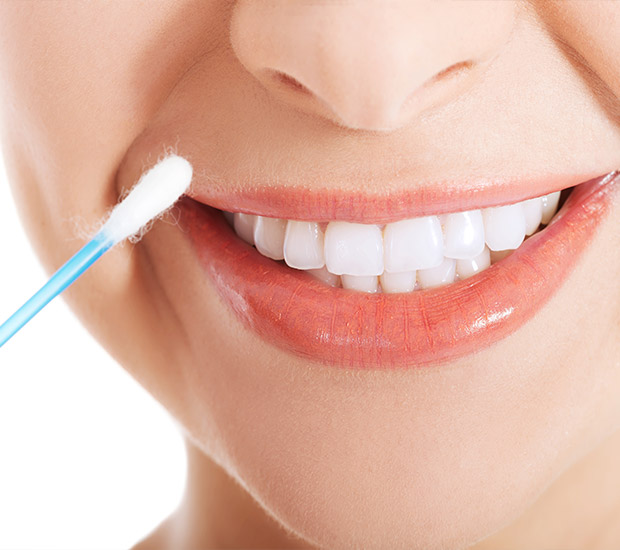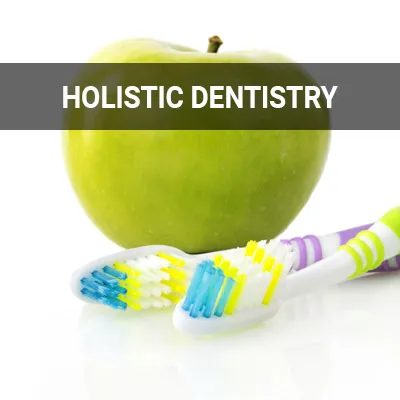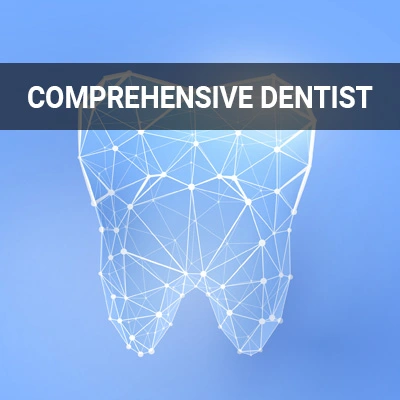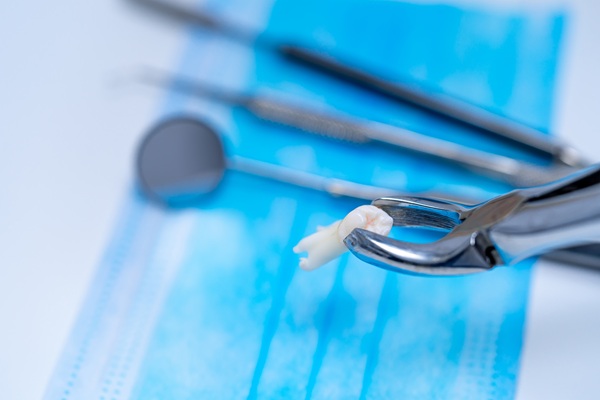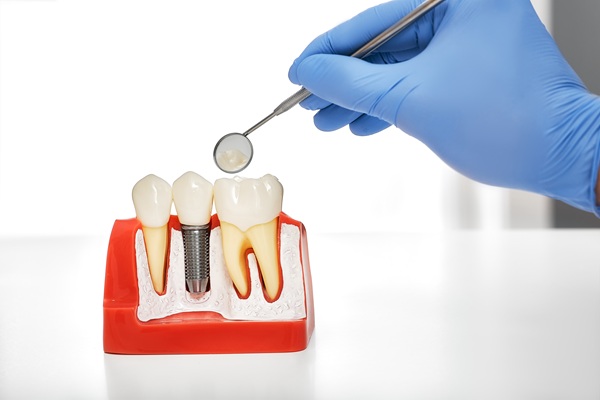OralDNA Diagnostic Test Aurora, CO
An OralDNA test looks for genetic biomarkers in your saliva to help determine the risk for several oral health issues, which can also determine your risk for additional serious health concerns. Saliva serves many important roles in your mouth, such as breaking down food and aiding digestion. Now, through OralDNA testing, it can also help determine if you are more likely to develop gum disease or other serious illnesses.
A saliva test helps dentists provide the highest level of treatment for their patients. Salivary diagnostics is available at Southland Smiles in Aurora and the surrounding area. Call us at (720) 599-2961 to schedule an appointment to learn more.
Bio Components Detected in Test
The OralDNA test will look for specific bio-components found in saliva. These bio-components can include proteins, electrolytes, hormones, antibodies, and DNA/RNA. A variety of tests will identify specific microorganisms and inflammatory factors to discover if someone is at high risk for specific oral health issues such as gum disease and human papillomavirus (HPV). A person's bacterial levels can also be determined. With this information, our dentist will better understand a patient's overall dental health and what oral health issues they may face in the future.
“The OralDNA Test will look for specific bio components found in saliva.”
Diseases Detected
OralDNA tests analyze the DNA in saliva to confirm the presence of a disease. It can also predict a person's risk of developing specific oral health issues before they show symptoms. For example, one of the diseases that a dental saliva test can detect is periodontal or gum disease. When not treated successfully, periodontal disease can lead to an increased risk of heart disease, stroke, and diabetes.
Salivary diagnostics can also test for the bacteria that is known to cause tooth decay. This includes the specific pathogens that are contributing to the problem. With this information, our dentist will be able to tailor treatments designed to target this specific bacteria. It can also help motivate the patient to make behavioral changes to reduce their overall risk of developing tooth decay.
A dental saliva test can also check for the presence of HPV strains that may also cause oral cancer. Early diagnosis is key and can increase the survival rate. Once a patient's HPV status is known, the dentist may increase the frequency of their oral cancer screenings or run further diagnostic tests.
“OralDNA tests analyze the DNA in your saliva to confirm or predict the presence of a disease.”
How the Test is Performed
A dental saliva test is noninvasive and very simple to perform. Patients will swish a small amount of sterile saline in their mouth for about 30 seconds and then spit it into a collection tube. The sample is then sent to a lab for processing. Our staff will receive a report with all the information needed to help the patient improve their oral health.
“A dental saliva test is noninvasive and very simple to perform.”
Check out what others are saying about our dental services on Yelp: OralDNA Diagnostic Test in Aurora, CO
DNA and Your Future Health
OralDNA tests can tell a dentist whether or not a patient is genetically predisposed toward inflammation. This can help explain why some patients continue to have gum disease even after complying with traditional treatment methods. While a patient's DNA cannot be changed, just knowing that they may have an overactive inflammatory response can help the dentist understand the need for more constant care or other types of therapies.
This information is also helpful when it comes to the patient's overall well-being. Increased inflammation can contribute to an extensive list of chronic systemic diseases related to gum disease, including heart attack, stroke, and diabetes. Our dentist will recommend the patient work with their primary care physician to address these potential medical issues.
“OralDNA tests can tell a dentist whether or not a patient is genetically predisposed toward inflammation.”
Questions Answered on This Page
Q. What are the bio-components detected in the OralDNA test?
Q. What diseases can an OralDNA test detect?
Q. How is an OralDNA test performed?
Q. How does an OralDNA test predict your future health?
People Also Ask
Q. How does oral health affect overall health?
Q. How do cancer medications affect oral health?
Q. Why is preventative care important? How can it save you money?
Q. Why is it important to find the right general dentist?
Q. What is the process of recognizing issues and creating a plan?
Q. What family members may need extra help with their oral hygiene?
Interpreting OralDNA Test Results
MyPerioPath reports have two pages: a bacterial profile and clinical considerations. The bacterial profile consists of patient demographic information, along with a summary of the test results. Positive results indicate that the test has detected bacterial pathogens above the threshold level. The report will also show the patient's bacterial risk, along with a graphic representation of which pathogens are present and whether they meet the pathogen load threshold. At the end of the page, there is a section detailing any clinical significance these pathogens may have on a patient's risk for periodontal disease.
The clinical considerations page will also include the patient's demographic information and a summary and graphic presentation of the test results. However, it will also present various therapeutic options for a patient's unique pathogen profile and any follow-up testing recommendations. The latter half of the page includes a summary of the patient's clinical information at the time of testing and relevant links to additional information at MyOralDNA.com.
Frequently Asked Questions
Q. How can an OralDNA test help with treating gum disease?
A. Eleven different types of bacteria in the mouth can cause gum disease. An OralDNA test helps identify which strain of bacteria is causing your problems. A treatment designed to target that bacteria can then be administered.
Q. How is an OralDNA test done?
A. A dental saliva test is quite easy and painless. The patient will swish a saline solution around the mouth and then spit it into a tube. That tube is then sent to the lab for processing. Results and recommended treatments are then sent back to our office.
Q. Can a dental saliva test impact my overall health?
A. The OralDNA test can tell our dentist if you either have or are at higher risk for gum disease and other types of oral bacteria. That means treatment can start sooner. Leaving these conditions untreated can put you at higher risk for other health issues such as heart disease, diabetes, and stroke.
Q. Why should my saliva be tested for HPV?
A. Human papillomavirus (HPV) is one of the most common virus groups. Specific types of oral HPV can increase your risk for certain oral cancers. A saliva test can show whether or not these strains are present and if you should increase the frequency of your oral cancer screenings.
Q. What is involved in an oral cancer screening?
A. A dentist looks inside your mouth for possible signs of oral cancer, including red or white patches or sores. While wearing gloves, the dentist will feel inside your mouth for lumps. The dentist may also check your neck for abnormalities. The exam is usually short and takes about 5 minutes.
Dental Terminology
Call Us Today
Dental saliva tests can help many patients better understand themselves and their needs. We at Southland Smiles may be able to help. Call us today at 720-599-2961 to schedule an appointment or to learn more about our services.
Helpful Related Links
- American Dental Association (ADA). Glossary of Dental Clinical Terms. 2025
About our business and website security
- Southland Smiles was established in 2009.
- We accept the following payment methods: American Express, Cash, Check, Discover, MasterCard, and Visa
- We serve patients from the following counties: Arapahoe County, Adams County and Douglas County
- We serve patients from the following cities: Aurora, Centennial, Parker, Englewood, Foxfield, Castlewood Rock, Lone Tree, Elizabeth, Franktown and Highlands Ranch
- National Provider Identifier Database (1265685796). View NPI Registry Information
- Healthgrades. View Background Information and Reviews
- Norton Safe Web. View Details
- Trend Micro Site Safety Center. View Details
Back to top of OralDNA Diagnostic Test
